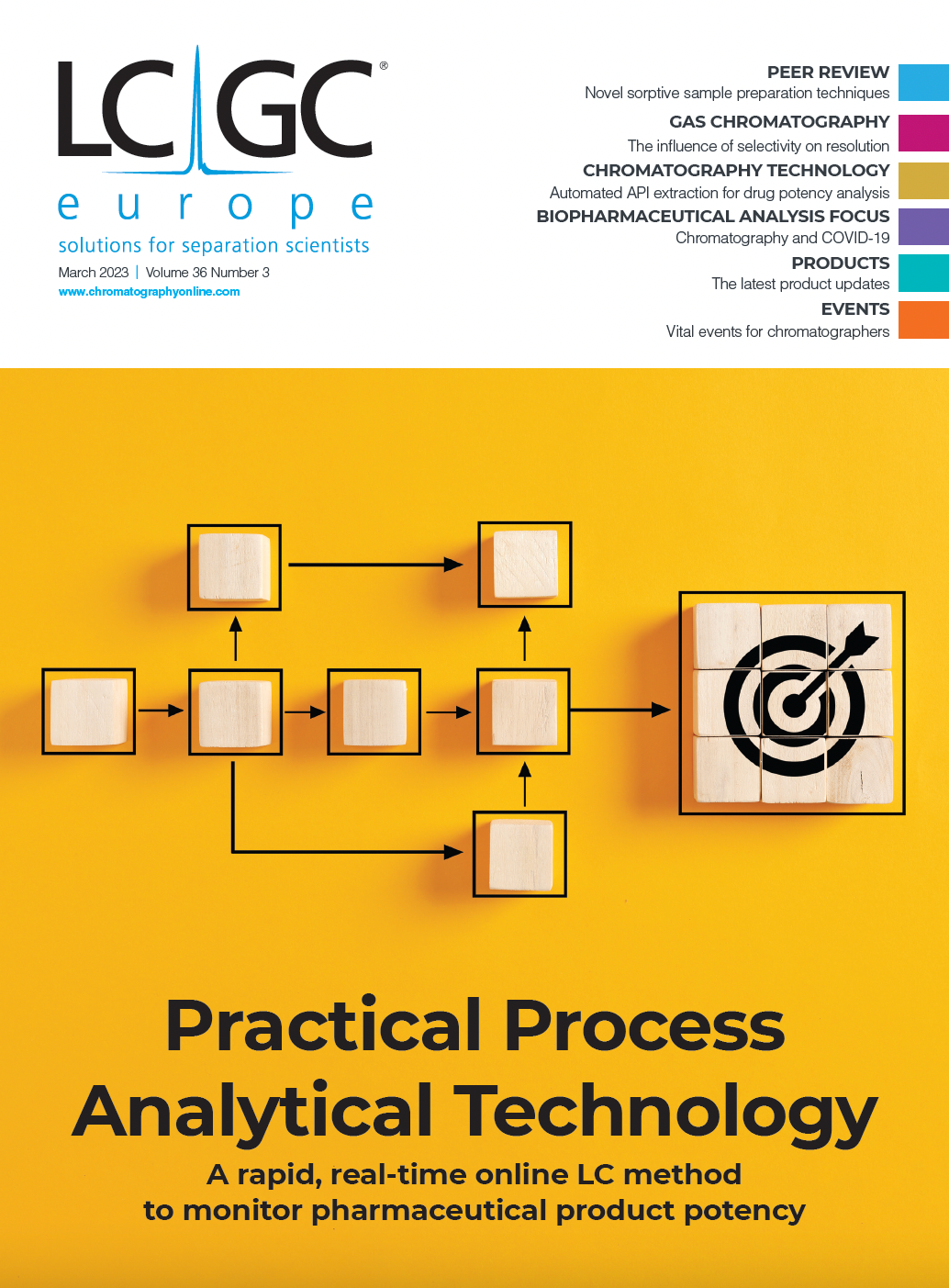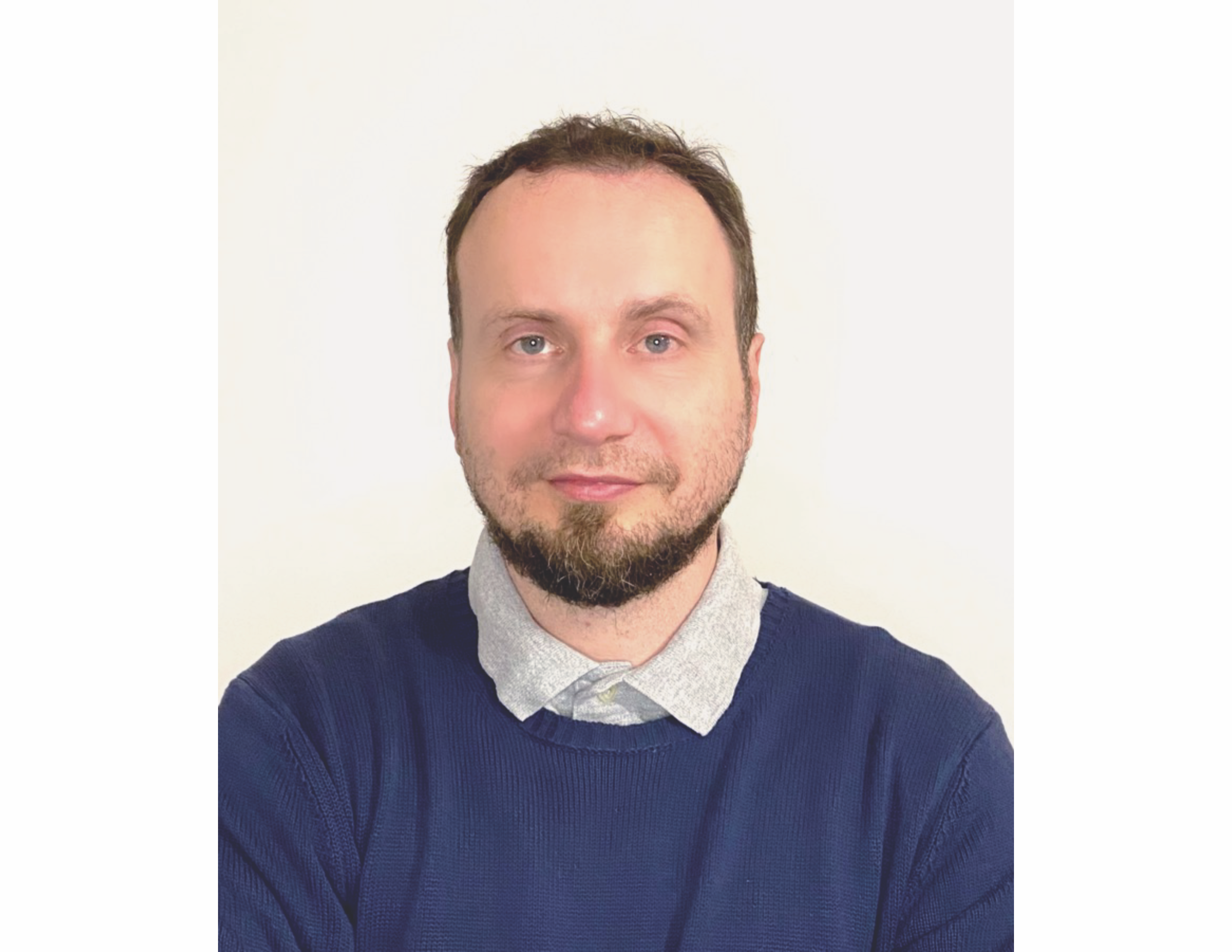ExTech 2023
The International Symposium on Advances in Extraction Technologies (ExTech) is an important event series in the growing fields of sample preparation, extraction technologies, and sample clean-up techniques. The conference was started in 1999 by Professor Janusz Pawliszyn (University of Waterloo, Canada), and since then it has been held annually in different cities around the world.
This year is the 25th edition and ExTech 2023 will be held in Tenerife (Canary Islands, Spain) from 18–21 July 2023 at Pirámide de Arona Conference Centre, located at Playa de Las Américas (Tenerife South).
The organizer of the conference this year is the University of La Laguna (ULL, Spain), with Professors Verónica Pino and Javier Hernández‑Borges as chairwoman and co-chairman, respectively.
The ExTech2023 programme will cover analytical separation, analytical (micro)extraction, sample preparation techniques, and their hyphenation with chromatography, mass spectrometry, and related techniques.
The symposium starts with a full-day course on microextraction, and is followed by three days of plenary and keynote lectures, oral communications, and vendor seminars. Professor Pawliszyn, Professor Pedersen-Bjergaard (University of Oslo, Norway), Professor Anderson (Iowa State University, USA), and Professor Cárdenas (University of Córdoba, Spain) will present plenary lectures. Poster and vendor exhibitions will be hosted during the whole conference.
Key dates include: deadline for oral presentations: 1 March 2023; deadline for poster presentations: 1 June 2023; early registration until: 15 April 2023; late registration until: 30 June 2023.
E: extech2023@ull.edu.es
W: http://extech2023.ull.es

Altering Capillary Gas Chromatography Systems Using Silicon Pneumatic Microvalves
May 5th 2025Many multi-column gas chromatography systems use two-position multi-port switching valves, which can suffer from delays in valve switching. Shimadzu researchers aimed to create a new sampling and switching module for these systems.
Studying Cyclodextrins with UHPLC-MS/MS
May 5th 2025Saba Aslani from the University of Texas at Arlington spoke to LCGC International about a collaborative project with Northwestern University, the University of Hong Kong, and BioTools, Inc., investigating mirror-image cyclodextrins using ultra-high performance liquid chromatography–tandem mass spectrometry (UHPLC–MS/MS) and vibrational circular dichroism (VCD).

.png&w=3840&q=75)

.png&w=3840&q=75)



.png&w=3840&q=75)



.png&w=3840&q=75)









